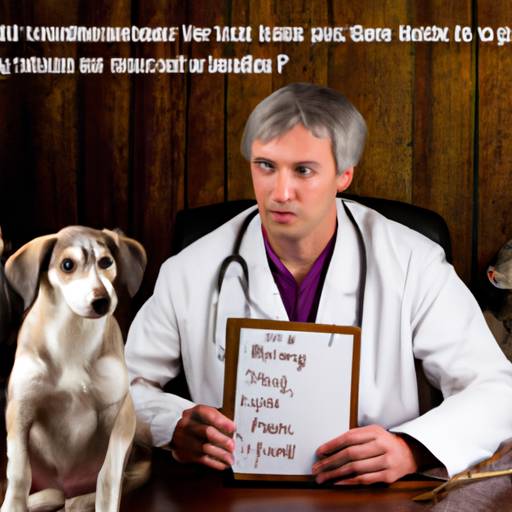A Look at the Basics of Neutering
Neutering, also known as castration, is a surgical procedure performed on male dogs to remove their testicles. It’s a common procedure carried out by veterinarians worldwide. You might be asking yourself, “why would I consider neutering my male dog?” There are several reasons behind this:
- Prevents unwanted pregnancies
- Reduces aggressive behavior
- Eliminates the risk of testicular cancer
- Decreases the chances of your dog wandering off in search of a mate.
Although neutering is beneficial, knowing the right time to neuter your dog is crucial.
The Best Age to Neuter Your Dog
Deciding when to neuter your dog can be a bit of a puzzle. Many factors come into play, such as breed, size, and overall health. Traditionally, male dogs were neutered at around six months of age. However, recent research suggests that waiting until your dog is fully grown might be a better option. Let’s put this into perspective:
- Small Breeds: For small breed dogs, the recommended age is six to nine months. At this age, they are fully grown, and their growth plates have closed.
- Large Breeds: For larger breeds, it’s recommended to wait until they are 18 months to two years old. This is because large breeds take longer to reach maturity.
Remember, every dog is unique. Always consult your veterinarian to determine the best time to neuter your dog.
Evaluating the Pros and Cons of Neutering
Like any other procedure, neutering has its pros and cons. Here’s a table to help you weigh the benefits and drawbacks:
| Pros of Neutering | Cons of Neutering |
|---|---|
| Prevents unwanted pregnancies | Potential weight gain |
| Reduces aggressive behavior | Risk of negative impact on growth in large breeds |
| Eliminates risk of testicular cancer | May cause hormonal imbalances |
Caring for Your Dog Post-Neutering
After your dog’s neutering procedure, he will need extra care and attention. Here are some tips to ensure a smooth recovery:
- Keep your dog calm and quiet for the first few days post-surgery
- Regularly check the incision site for signs of infection
- Avoid bathing your dog until the stitches are removed
- Ensure your dog wears a cone to prevent licking and biting at the incision site
Understanding the Long-Term Impacts of Neutering
Neutering is not just a one-time event. It has long-term impacts on your dog’s health and behavior. Most notably, neutered dogs are less likely to display aggressive behavior and have a reduced risk of certain cancers. They also tend to live longer, healthier lives.
Frequently Asked Questions
1. Can neutering cause any health problems?
Neutering can cause weight gain, but this can be managed with a balanced diet and regular exercise.
2. Will neutering change my dog’s behavior?
Neutering can reduce aggressive and territorial behavior in dogs.
3. Is the neutering procedure painful?
Dogs are put under anesthesia during the procedure, so they don’t feel any pain. Post-surgery discomfort is usually managed with pain medication.
4. How long does it take for a dog to recover from neutering?
Recovery time varies, but most dogs are back to their normal selves within two weeks.
Remember, you’re not just a dog owner, you’re a caregiver. Making informed decisions about your pet’s health is an essential part of this role. If you’re considering neutering your dog, this guide gives you a starting point, but always consult your vet to make the best decision for your furry friend.



